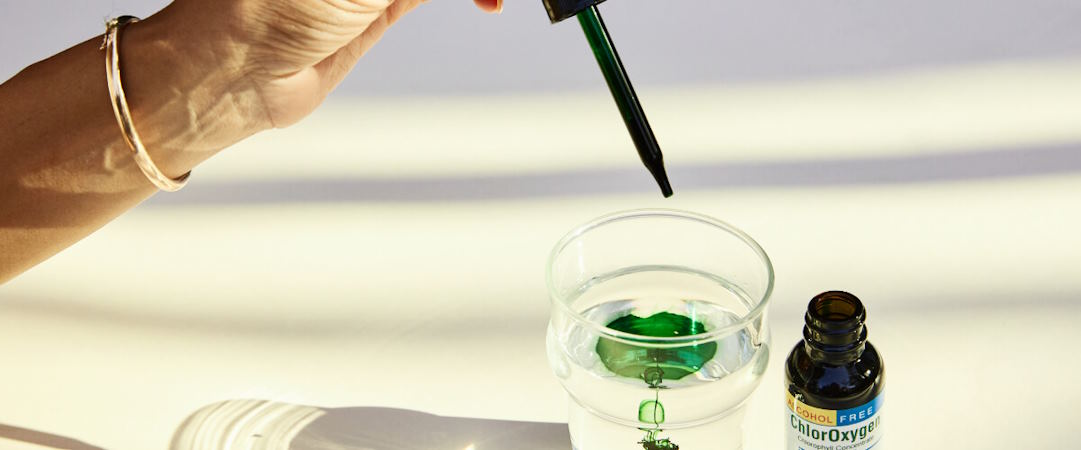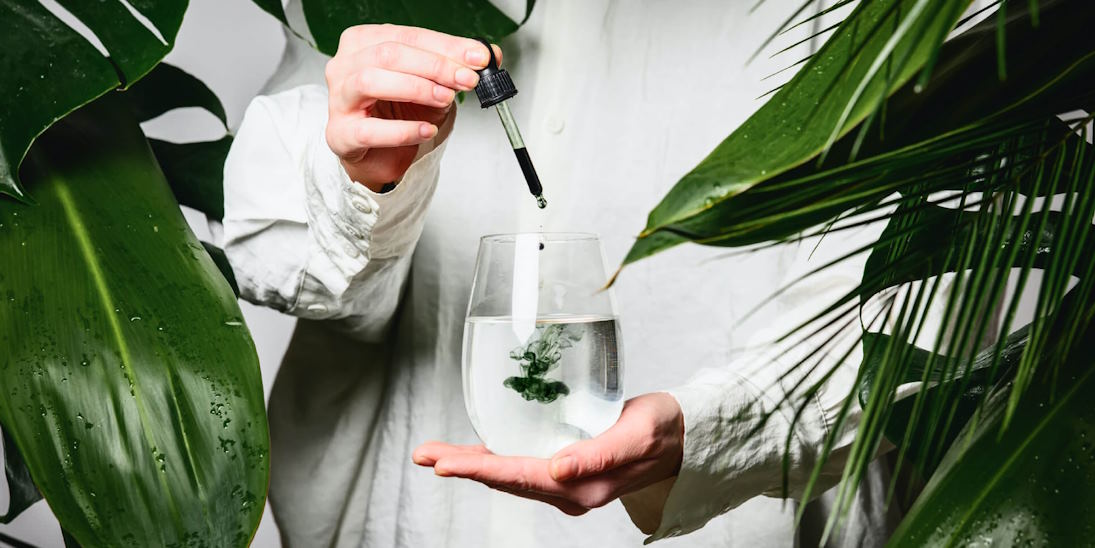Chlorophyll, the green pigment responsible for photosynthesis in plants, has recently made its way into the world of cosmetics, promising a range of skincare benefits. However, the question remains: Is chlorophyll a skincare superhero or another trendy ingredient?
The Potential Benefits of Chlorophyll in Skincare
Chlorophyll, the vibrant green pigment in plants, is making waves in the beauty industry for its potential skincare benefits. As an antioxidant powerhouse, chlorophyll is crucial in neutralizing free radicals. These harmful molecules, often generated by exposure to environmental stressors like UV rays and pollution, can accelerate the aging process by causing damage to skin cells. By incorporating chlorophyll into skincare routines, individuals may experience heightened protection against oxidative stress, helping to maintain a youthful and radiant complexion.
Beyond its antioxidant prowess, chlorophyll is celebrated for its anti-inflammatory properties. For sensitive or acne-prone skin, chlorophyll can be a soothing ally. It can calm redness, reduce inflammation, and promote a more balanced complexion. This makes chlorophyll-infused products particularly appealing for those navigating the challenges of skin sensitivity or dealing with occasional breakouts.

Moreover, chlorophyll’s detoxifying potential is a noteworthy asset. It is believed to assist in purifying the skin by aiding in removing impurities and toxins. Regular use of chlorophyll in skincare may contribute to a clearer, more even skin tone, providing a natural glow that emanates from within. This detoxifying aspect aligns with the growing trend of clean and green beauty, appealing to those seeking a more holistic approach to skincare.
Considerations and Caveats
While chlorophyll offers promising benefits for skincare, there are certain considerations and caveats to keep in mind:
- The stability of chlorophyll in cosmetic formulations can be a challenge, as it may degrade when exposed to light and air, potentially diminishing its efficacy over time.
- Some individuals may experience sensitivity or allergic reactions to chlorophyll, especially if they have plant allergies.
- The chlorophyll concentration in skincare products may vary, and higher concentrations may not necessarily equate to better results, as excessive use could lead to skin irritation.
In conclusion, chlorophyll has emerged as a potentially beneficial ingredient in cosmetics, offering antioxidant, anti-inflammatory, and detoxifying properties for the skin. However, weighing the potential benefits against the considerations and caveats associated with its use is essential. Before incorporating chlorophyll-containing products into your skincare routine, consider product stability, individual skin sensitivities, and concentration levels.






